How is everyone out there? Feeling a little more optimistic these days and not sure why?
If you live in North America, part of that might have something to do with the start of spring this weekend—more sunlight and warmth does a body good! And also, you might be feeling a little more bouncy thanks to all of the news about vaccines.
Depending on where you live, there's still a long way to go before everyone gets them, but the process has started and that's important. Until that process is finished, of course, social distancing is still the rule.
We know. It feels weird. Humans are social animals. We love to hang out! But what if keeping distance is actually the natural thing to do? What if it's just what responsible animals do when faced with disease?
A new joint study out of America and England wants to prove this—that social distancing is a behaviour used by other animals, too. And to do this, the researchers examined one of the most social species on Earth.
Ants.
Protect the queen!
Scientists at the University of Texas at Austin, University of Bristol in England, and several others examined the behaviour of garden ants—the kind that you can see in your backyard and parks all over the country. These animals live in colonies with amazingly complex social structures. Ones that are remarkably similar to human societies in a few ways.
For one, different ants have different duties. Some forage, or look for the colony's food. Some are soldiers that protect them from invaders. Some are nurses, caregivers that raise young ants in the colony's nursery. And then, there's the queen.
The largest and most important ant in the colony, she lays all of the eggs.
I'm sick, stay away!
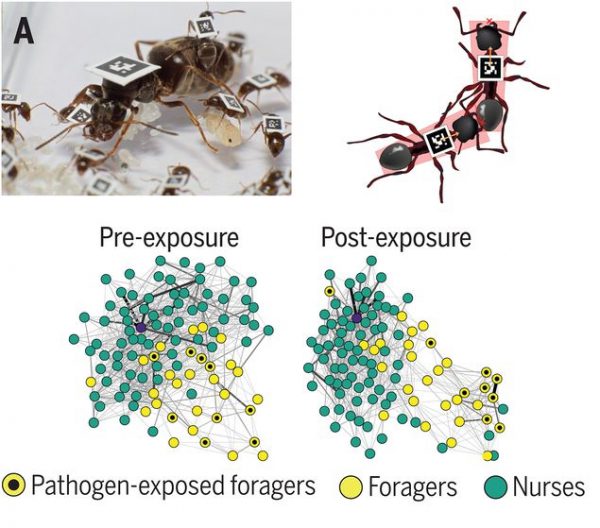
The individual ants were tagged so that researchers could track where they went. This diagram shows how the infected forager ants stayed far away from the queen and nursery. (Timothée Brütsch/Science)
To help protect the queen from infections and attack, she and the nursery are kept deep within the colony. Meanwhile, foragers are constantly going outside, being exposed to possible infections. Especially fungal spores that attach themselves to an ant's body.
If left untreated for more than a day, these spores will eventually grow into the ant's body, killing it. So to fight this, the ants do two things when an infection strikes.
First, they stay on the perimeter—or outer areas—of the colony and get cleaned. They and other ants apply an acid to the spores and also try to chew them off. Both of these techniques can successfully kill the spores before an infection sets in. And importantly, all of the action is done far away from the nursery and the queen. This social distancing reduces the chance of the spore infection spreading.
If the cleaning is unsuccessful, the infected ant moves to stage two. Knowing that the infection will kill it, it moves as far away from the rest of the colony as possible. This act protects the rest of the colony from infection, letting the group stay strong.
Other animals do it, too!
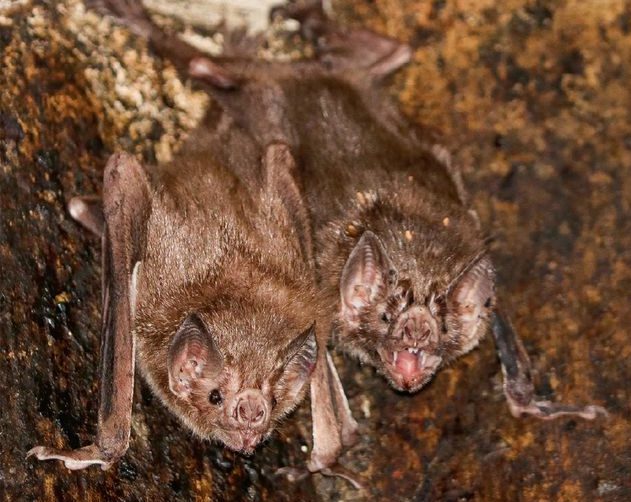
Vampire bats are another species that keep a distance when sickness strikes. (Gerald Carter/Science)
Ants and humans are certainly not identical. But as this study shows, we share some very common instincts. Especially when sickness strikes. And it's more than just our two species, too.
The study also showed how sick vampire bats will self-isolate instead of joining in the group grooming the animals normally do (the bats bond by cleaning each other's fur).
So while the pandemic has been hard on us, and we'd love nothing more than to hang out in group as we normally do, just remember. What we're doing when we socially distance is not only the right thing—it's the natural thing!
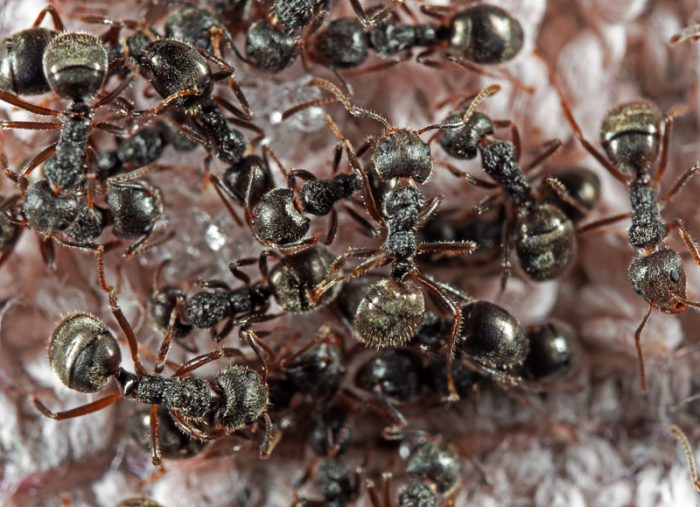
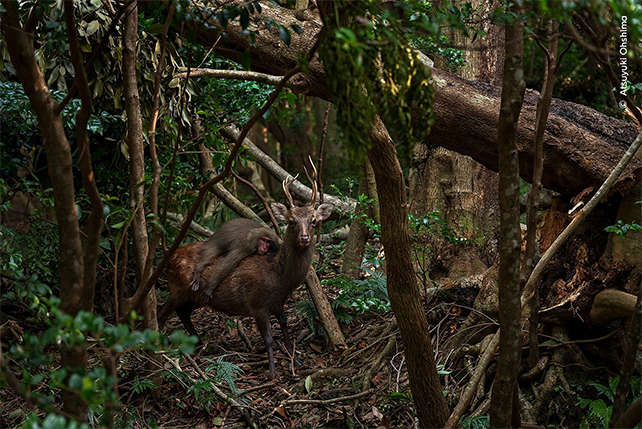

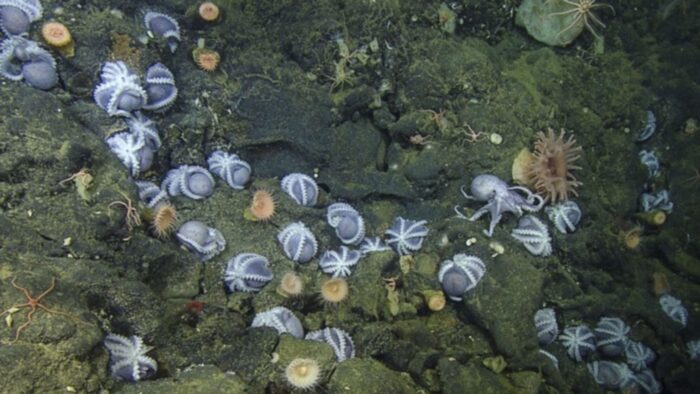
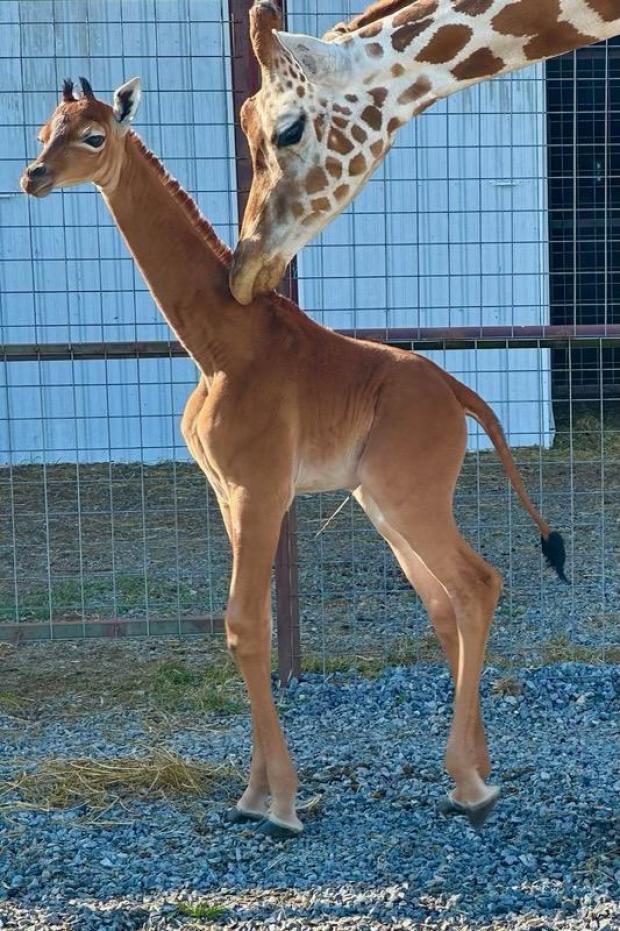
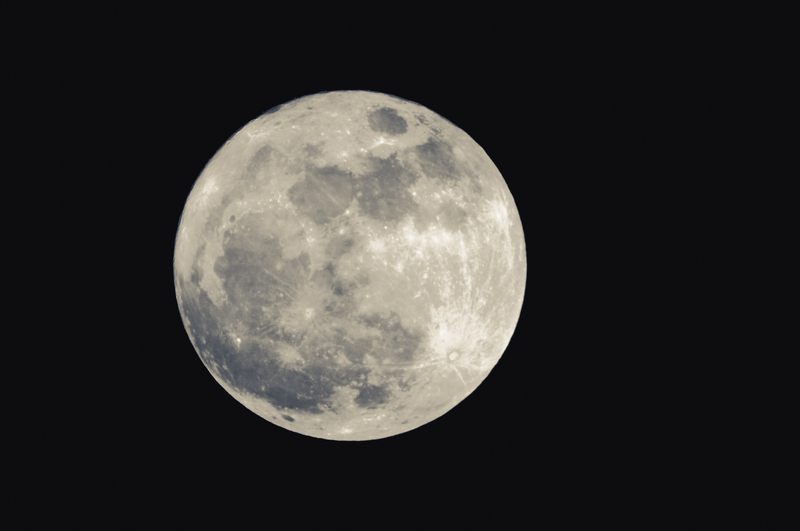
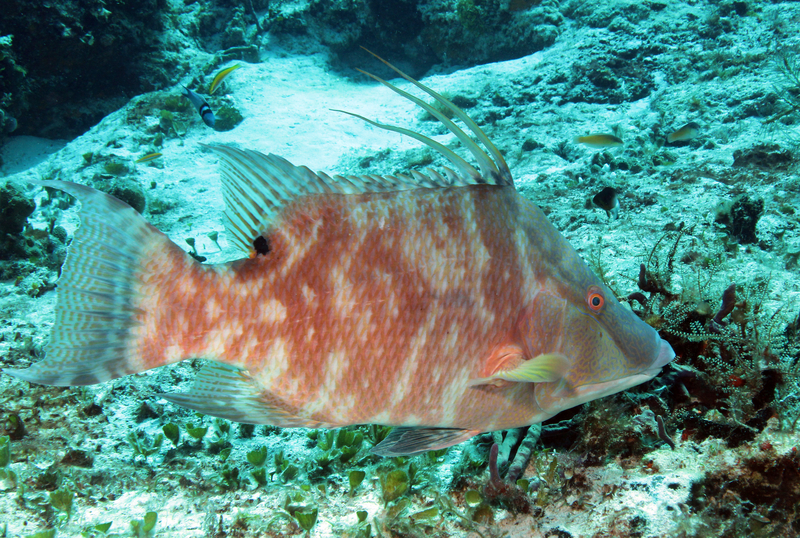

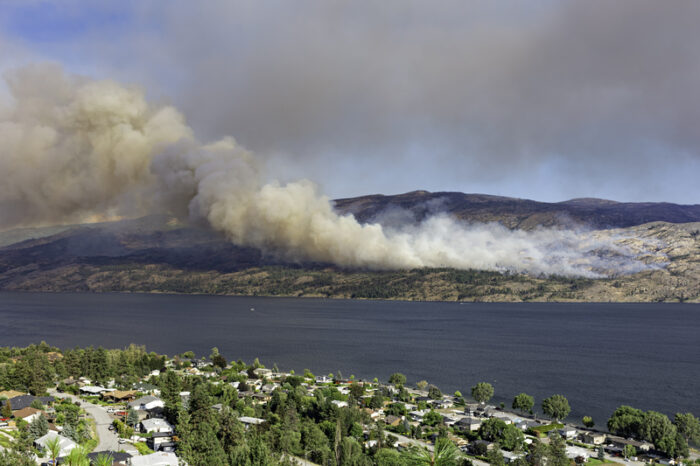
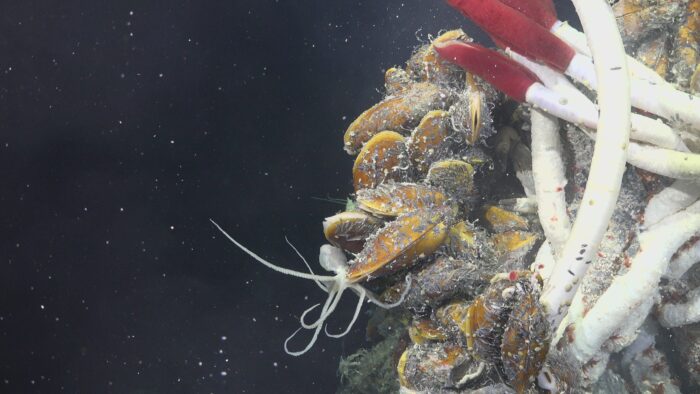
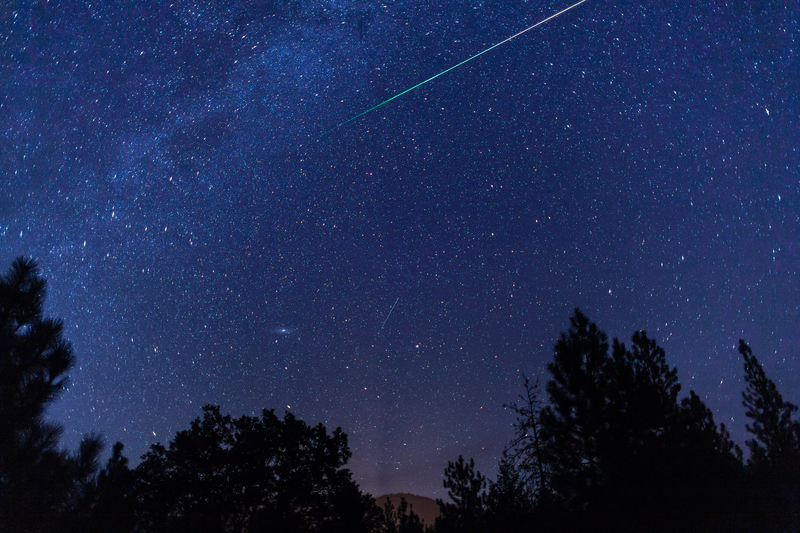
WOW That is so cool!